Do I need to wipe washed dishes dry?
A familiar shot from a film: if the bartender is not busy pouring drinks, he stands peacefully behind the bar and wipes glasses with a towel. A harsh reality in the everyday life of individual families: each piece of dishes, of which a lot is collected after a family meal, is first washed and then wiped dry. And what’s most interesting is that none of the pictures described gives an exact answer to the question “Why is this being done?” To clarify the situation, it would be useful to familiarize yourself with the opinions of fans and opponents of this fascinating activity.
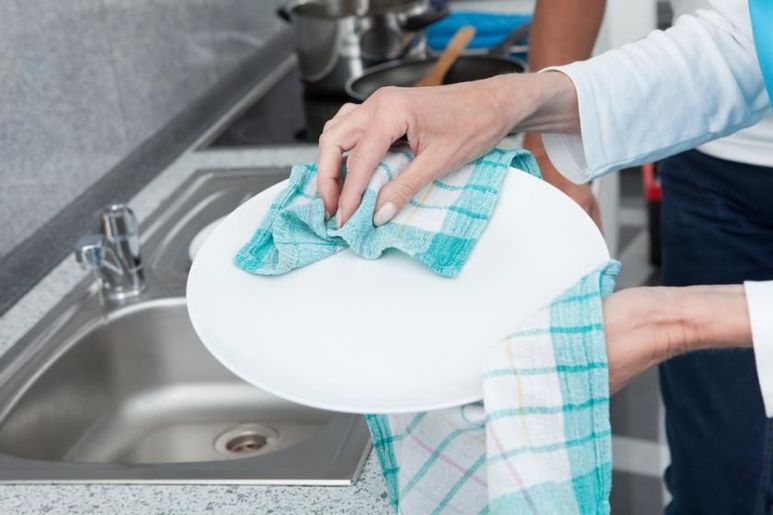
The content of the article
Arguments for
Since the main task is to determine the advisability of wiping dishes, those cases that are associated with simple habit will not be considered. Among the rest, the following views on the question “why” are leading:
- to avoid dampness in the closet;
- to prevent moisture from splashing on work surfaces at the moment when the dishes are sent to dry;
- so that water does not accumulate and rot in the trays;
- it’s easier to wipe it down than to peel off the dryer tray later;
- so that it shines and leaves no streaks.

Another argument found on forums: “Refusing to wipe dishes with a towel is very stupid. Some types of contaminants (casein from milk, vegetable and animal oils) cannot be dissolved or washed off.Their complete removal is only possible through mechanical cleaning of the dishes, which is wiping... In houses where the dishes are not wiped, this becomes immediately noticeable. Stickiness, greasyness and cloudy stains do not cause any feelings other than disgust.”
Arguments against
Attempts to systematize the points of view of those who do not accept this activity led to the creation of the following top opinions:
- not aesthetically pleasing - the lint remains on the dishes;
- It’s not practical - you can’t wash the wipers;
- unprofitable - either constant washing or serious costs for paper towels;
- not hygienic - in fact, the process leads to a uniform redistribution of residual contamination.
Regarding the last point: there is a very interesting note floating around the Internet about the results of research by American scientists. Here is an excerpt from it: “The University of Arizona found that 89% of kitchen towels contain intestinal bacteria, 25.6% of which are E. coli. This means that wiping dishes with such a towel often causes food poisoning. After all, the microorganism penetrates from the towel onto the surface of the cutlery, and from there into the food consumed by a person.”
Where is the truth?
To find it, you need to mentally return to those times when people did not know about the benefits of a centralized water supply and a variety of detergents. Then the dishes were washed in basins with clean water, and polished to a shine using ash, sand or cloth. Later, various soap solutions began to be used, which were better at removing dirt, but were rather difficult to wash off and had to be scrubbed off with towels.
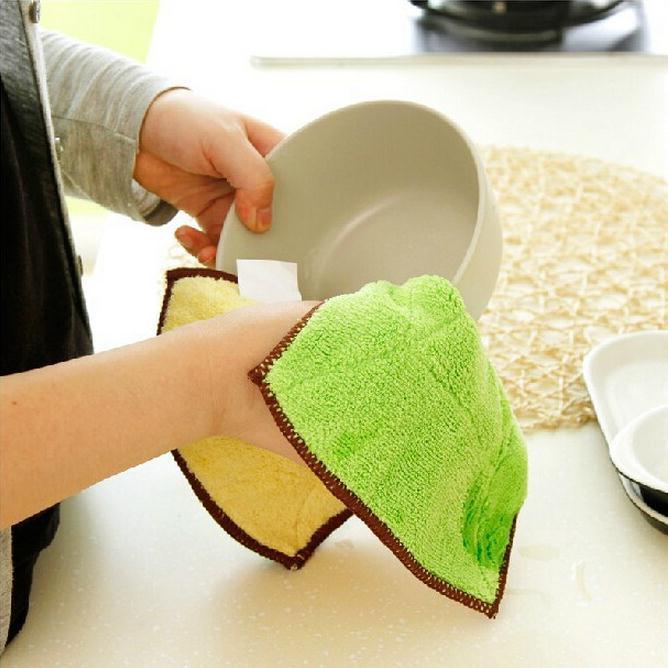
Today there are active and easily rinsed detergents and a centralized water supply with virtually unlimited flows of running water. That is, you can forget about greasy stains or chemical residues on the dishes. But ordinary water can leave its mark. Or rather, the salts contained in it. They are what form those unsightly, clearly visible spots on glass, metal or transparent plastic. And only for the sake of eliminating them does it make sense to wipe the dishes. But it needs to be done correctly.
Practice tips
An ordinary towel made from natural materials will greatly facilitate your work. By placing it near the sink, you will be able to obtain a surface that well absorbs moisture flowing from freshly washed dishes. After removing the kitchen utensils from the towel, it is recommended to rinse it in clean water and send it to dry - this way you will avoid creating germs.
After all the dishes have been washed, they are removed from the moisture-absorbing surface, sorting them at the same time. Anything on which salt stains will not be noticeable can be sent straight to drying - there the remaining droplets will evaporate, and the pan will no longer be filled with “rotting” moisture. It is advisable to wipe the rest of the kitchen utensils (anything transparent or metallic).
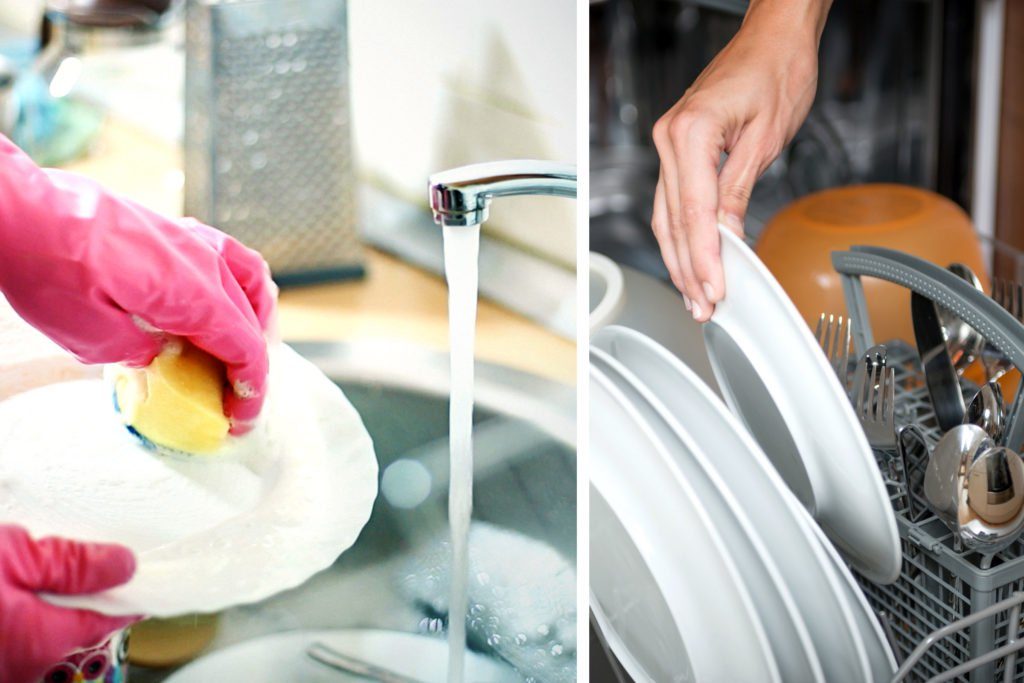
To add shine, it is best to choose microfiber cloths: they absorb moisture well, are tough enough to remove salt deposits and do not leave lint on the surface being treated. Another advantage is their price, which allows you to replace this piece of fabric weekly without much damage to the family budget. And to prevent microorganisms from growing in the cloth during these 7 days of active use, it is enough to rinse and dry it after each use.




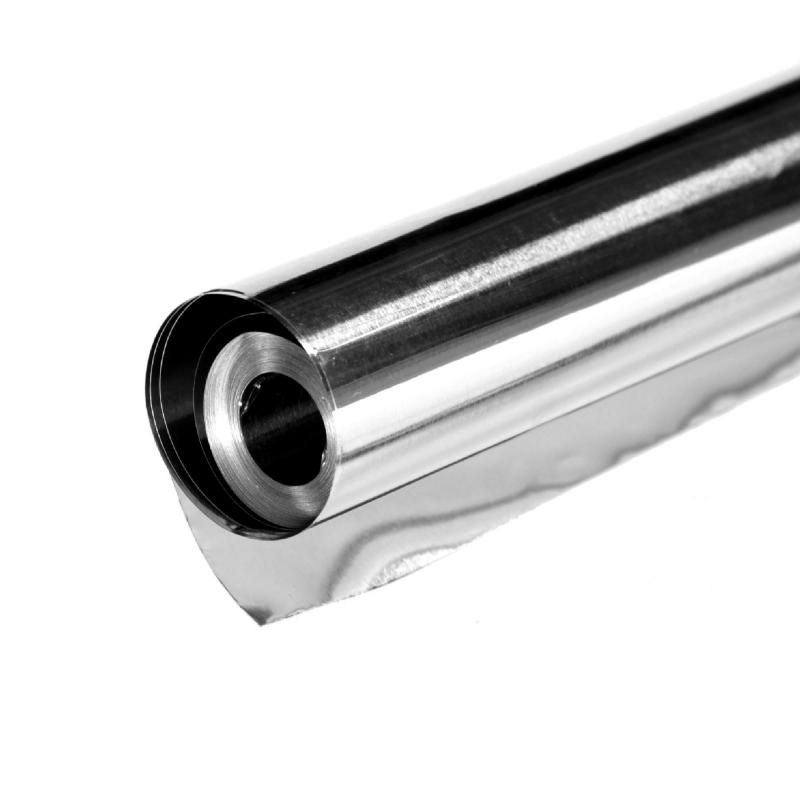
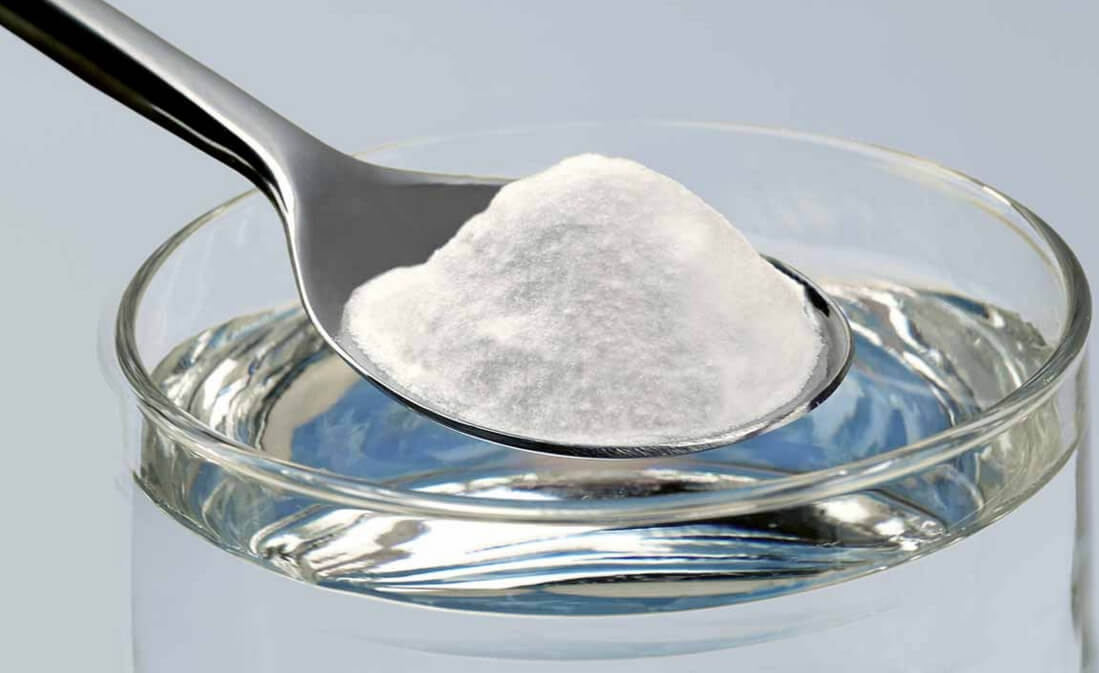
I guessed the riddle!!! Why wipe the dishes dry after all!? And the answer is very obvious and lies on the surface? So as not to breed cockroaches!!!!!! They are always in search of water and even drops on the dishes will be another reason to look to visit you! and even more so if it happens regularly….water….so for those who are worried about these creatures, make balls according to your grandmother’s recipe from boric acid and wipe everything dry…this is also part of your grandmother’s recipe…since boric acid causes dehydration and they They immediately begin searching for water...